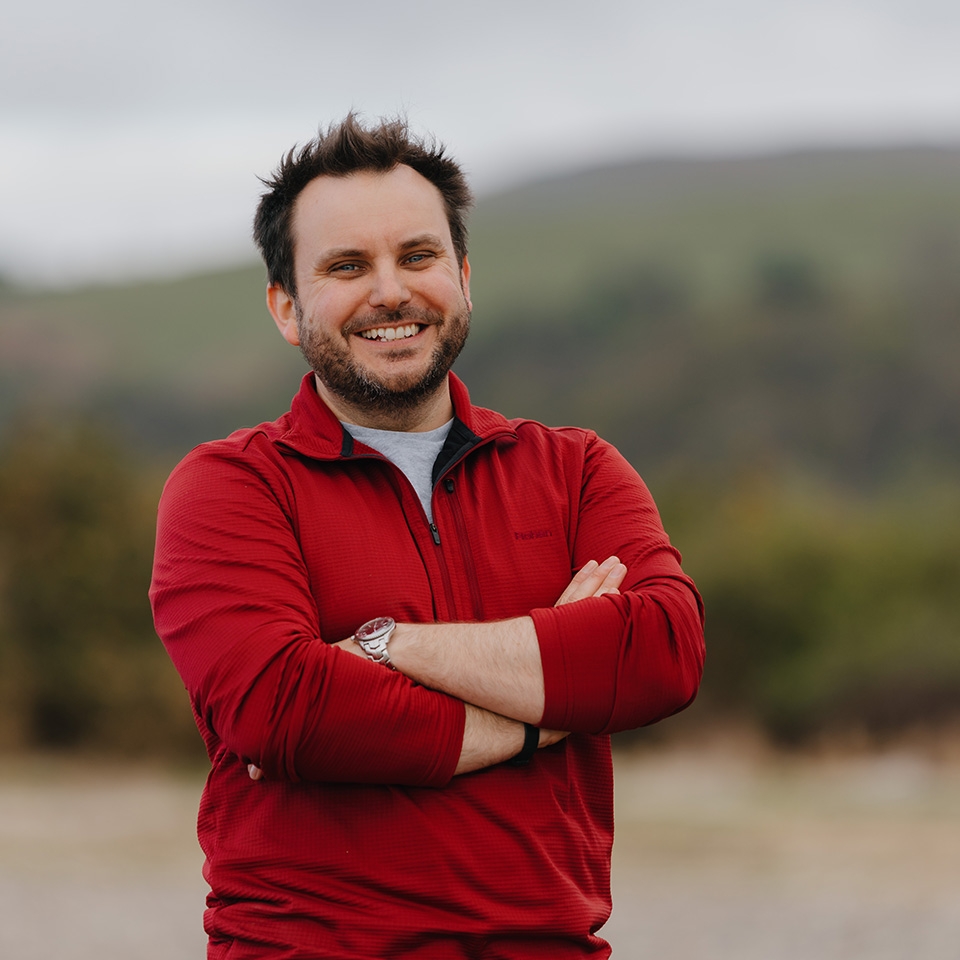Trustees
Our Trustee Council is formed of volunteers from a variety of professional backgrounds, all bringing meaningful experience and wisdom to WWT’s governance.
Barnaby Briggs
Chair
Barnaby Briggs has spent his career working on environmental and social issues within the energy sector, working for both NGOs and energy companies. He is now an independent consultant, working to improve social and environmental performance. He has focused on community development, currently in West Africa, and before that in Mozambique setting up a large-scale agriculture project (www.catalisa.com) and creating a community development fund.
At Shell, where he spent 14 years, he contributed to projects in Alaska, Sakhalin in the Russian Far East, Brazil, South Africa and Nigeria. He ran the Social Performance Management Unit, providing policy, best practice and guidance on managing social performance as well as hands-on support for companies and individual projects. He also helped set up partnerships between Shell and NGOs, both internationally and locally.
He previously held the role of Energy and Transport Policy Officer for the RSPB including attending the Kyoto climate negotiations.
A long-time birdwatcher, Barnaby also loves observing the hundreds of moths in his garden as well as exploring the outdoors. He’s been visiting WWT Slimbridge since he was a small child.
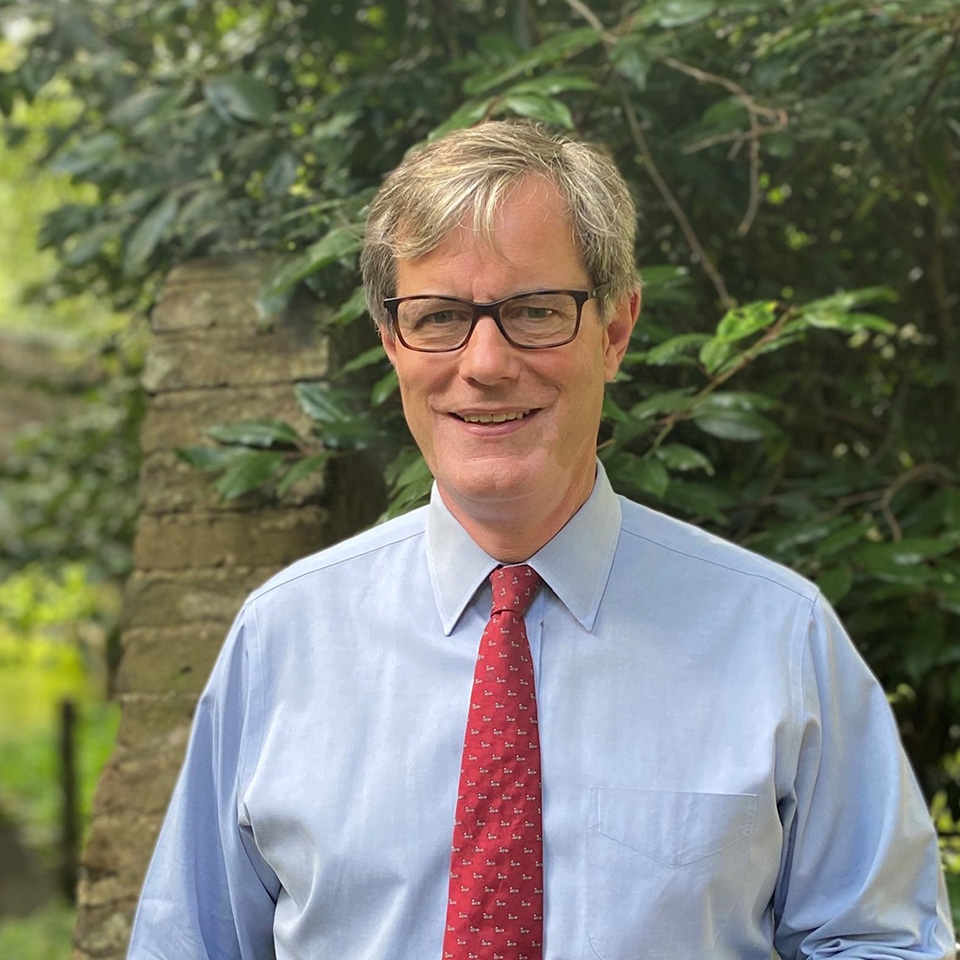
Sarah Pearson
Vice-Chair
Sarah Pearson currently works as Director of External Relations at Ark, an education charity that exists to make sure that all children, regardless of their background, have access to a great education and real choices in life. Before that she was a founding Director of prison charity Unlocked Graduates where they work to break cycles of reoffending by identifying outstanding graduates to spend two years working as frontline prison officers.
Prior to her move to the third sector, she was Associate Director at public affairs and corporate communications agency Hanover where she led a range of projects, specialising in health and education campaigns for clients in the UK and across Europe.
A former school governor, she was also a youth leader for YHA group 'Postellers'. She led residential trips all over the UK staying in youth hostels and first came across the WWT while taking a group of children to the Arundel Wetlands Centre!
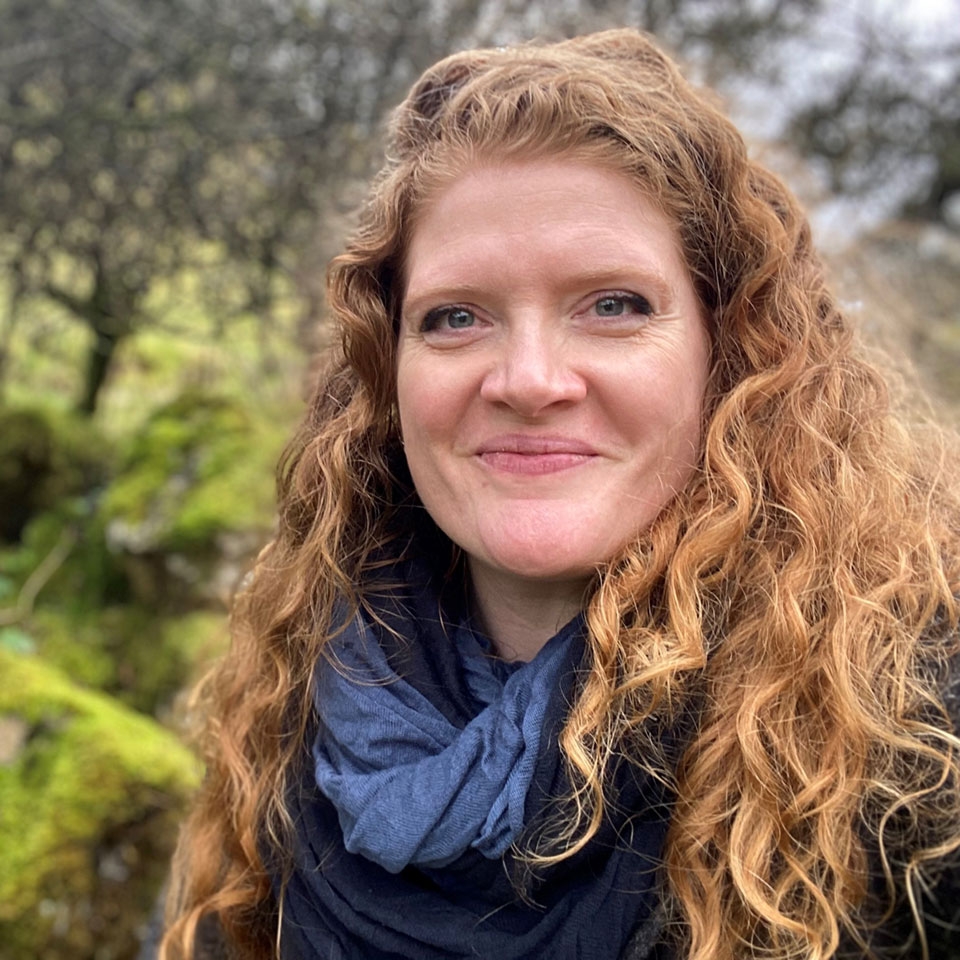
Robyn Agoston
Robyn has dedicated her career to guiding organisations through transformative change, weaving together human potential and technological evolution across diverse global landscapes. At Novartis, she architected organisational redesigns that placed human experience at the centre of digital transformation and AI augmentation. As a management consultant at KPMG, she led dozens of global companies through complex transformations and led the UK's Change Management Practice.
Robyn's international development work in India, Ghana and Namibia focused on creating sustainable futures for local communities, designing initiatives that honoured cultural contexts while addressing critical challenges like youth employment and migrant labour. This work deepened her understanding of how environmental and social systems interconnect.
A passionate outdoorswoman, UK Mountain Leader and BASI Ski Instructor, Robyn finds wisdom and inspiration in natural landscapes. She brings to WWT a vision where conservation and human communities flourish together, creating spaces where both ecological systems and people can thrive in harmony with technological advancement.
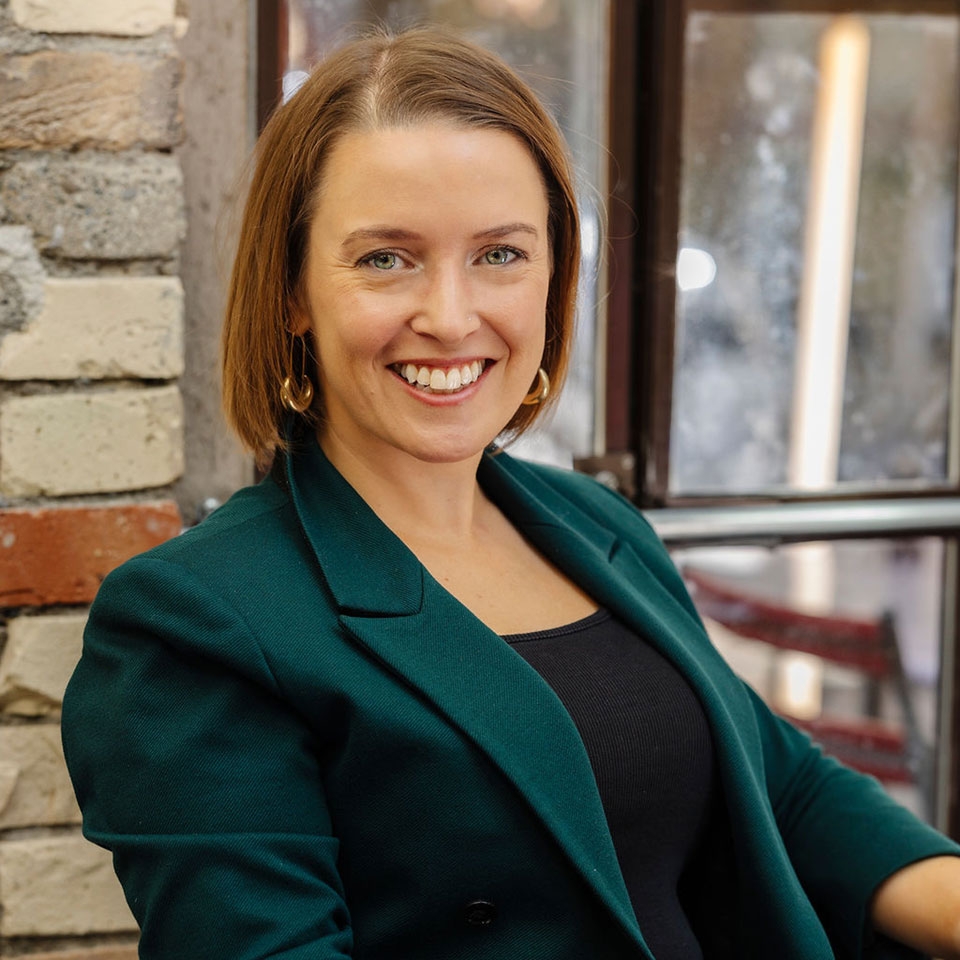
Andrew Beer
Andrew is Director of Operations and Consultancy for the National Trust, responsible for a team of about 1500 staff and 10000 volunteers, who look after beautiful places for the benefit of the nation. In the Midlands this includes: great houses such as Hardwick Hall and Attingham Park: 80000 acres of land, from lowland farms to the heights of the Long Mynd and Kinder Scout: as well as back to back houses in Birmingham, a Chartists cottage, several villages, pubs, dovecotes, tithe barns and watermills
He trained as an environmental scientist and spent the first four years of his career working on international projects in some of the most polluted places in the world (China, Kazakhstan, Russia, Romania). He then worked as an environmental consultant in New Zealand for two years before returning to the UK to lead on habitat creation projects at Woodland Trust. He joined National Trust since 2009 as Head of Visitor Experience and Learning, where he led on the a number of strategic themes; the development of a family offer (natural play, 50 things to do before you are 11 ¾) and established long term partnerships with Arts Council England (Trust New Art) and Sport England.
In his spare time he acts as a taxi service for two boys, climbs mountains, plays tennis, runs (slowly), watches nature and (annually) presses apples for cider.
Richard Flint
Richard is currently President of Europe at Claire’s, and brings a wealth of retail experience to his position, having worked for global brands such as Nike, Marks & Spencer, and HEMA.
He holds a BA in English and Philosophy from the University of Manchester and has completed further leadership executive courses at INSEAD and Duke University.
Richard was drawn to WWT from both his passions and his belief that flourishing ecosystems are vital for future generations. He is a keen naturalist with a particular interest in African birds and mammals. He enjoys off-the-beaten track travelling, as well as sea swimming, sports, fashion, and reading.
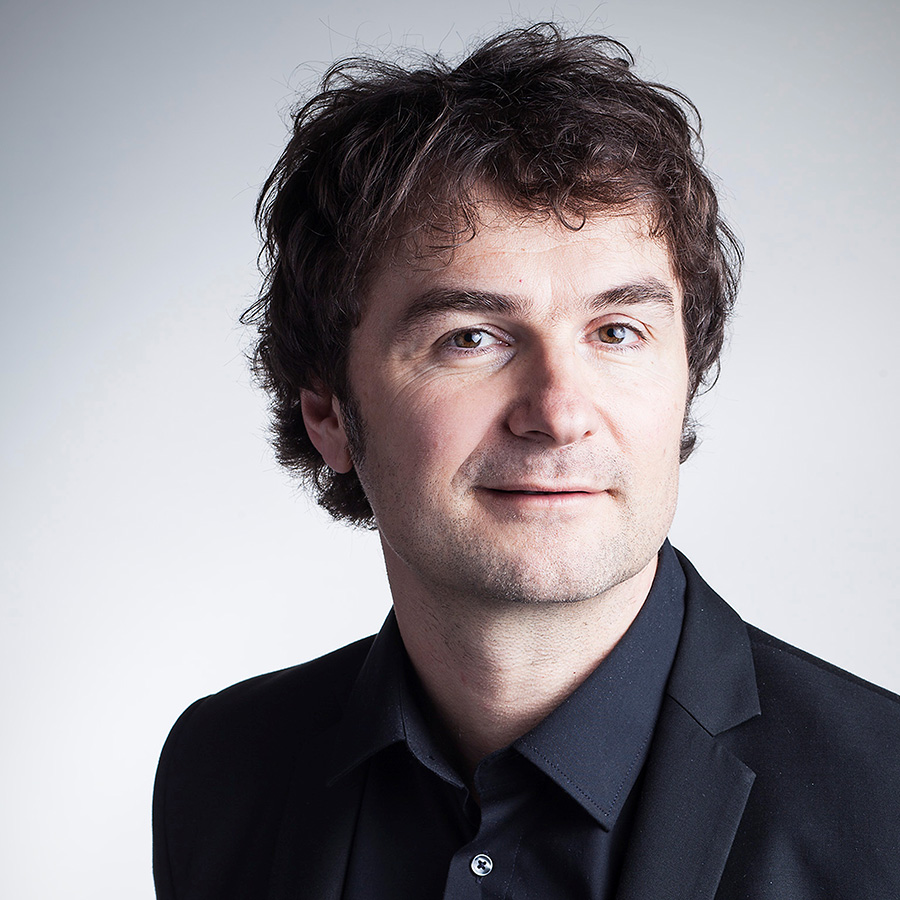
Alan Law
Alan is Deputy Chief Executive of Natural England, the Government's wildlife advisor. His career in nature conservation has seen him occupy a range of specialist, operational delivery and conservation strategy roles. Together these provide a respectful perspective of this country’s past conservation achievements as well as a clear vision of the changes we need to make our conservation future one that will prove as memorable.
Alan has worked in practical conservation for 25 years, following studies in Zoology and Environmental Impact Assessment. Having started at WWT Martin Mere in the early 1990ies, Alan joined English Nature, later setting up the first UK Biodiversity Programme overseeing the development of UK priority habitat and species lists and action plans. He then provided operational leadership across South East England for many years; highlights include the Thames Basin Heaths programme and designation of the South Downs National Park. Alan then overhauled Natural England’s systems for engaging with the planning system and delivering statutory advice, setting standards for case handling, securing conservation measures in the National Planning Policy Framework and introducing a range of new commercial services. Subsequently he ran England’s marine designation programme, delivering the first tranche of Marine Conservation Zones as part of establishing the Blue Belt. More recently, Alan has been the architect of Natural England’s conservation strategy, C21, which sets out ambitious plans to fundamentally change the way nature conservation is practised; working at a larger scale, securing lasting benefits, and putting people at the very heart of conservation. This strategy, and subsequent practical reforms which are derived from it, continue to drive Alan in his thinking and working ambitions.
Alan has two young sons and lives in Oxfordshire with his partner Jen and their dog. If he got the chance, he would enjoy more of any (and preferably all) of the following: village cricket, walking, skiing, racket sports, running, travel, socialising and good food.
Alex Mawer
Alex is a brand marketing specialist and is currently working for Capita as a Chief Marketing Officer where he leads the marketing stream of a £1.5bn British Government bid. Previously, he spent 5 years as a global marketing director at the LEGO Group where he was brand owner of the 10 LEGOLAND Parks and 28 LEGO Discovery Centres; which collectively exposed some 28 million visitors to a LEGO branded experience. He was responsible for marketing strategy, brand development, partnership marketing and consumer tracking.
Following his Master's degree at Exeter University, Alex started his career in the advertising industry in 1996 working for a number of multi-disciplinary advertising and marketing agencies before joining the British Tourist Authority (VisitBritain) based first in Singapore, then Tokyo and latterly Hong Kong. He then moved to the English Tourist Board (VisitEngland) where he became Marketing Director with a team based in London as well as in Europe, the US and Australasia. Having worked with the London Olympic bid team and then with the Rugby World Cup team, Alex moved to the Lawn Tennis Association as their Marketing & Communications Director.
Alex lives in London with his partner Claire, two teenage girls, twin toddler boys and two cats.
Fraser Montgomery
Fraser is Chief Financial Officer at Ambassador Cruise Line, departing from 10 ports across the UK and France. Fraser sits on the Trust’s finance committee.
Fraser’s commercial experience includes 30 years in the consumer facing organisations at Marks and Spencer, The Tussauds Group, Merlin Entertainments (130 visitor attractions globally) and LGH Hotels (50 UK hotels under Hilton and IHG brands) performing a variety of senior finance and commercial roles working with a range of ownership stakeholders.
Fraser has non-executive experience with the Girls Day School Trust, Nottinghamshire County Cricket Club and Scottish Curling. He is most likely to be found on the train, checking the scores and the numbers.

David Tudor
David has worked in marine management for over twenty years. His experience includes running environmental campaigns on the beaches of Australia, researching marine plastic pollution in the Pacific, leading on policy advice at a pivotal time for the UK’s marine legislation, and working on the world’s largest offshore renewable energy programme.
His range of knowledge and skills has been gained within a diverse range of organisations – including NGOs, industry, universities and government agencies. David has held numerous senior posts in the marine management sector, including as Head of Marine Planning and Coastal Management at the Crown Estate and as Marine Policy Manager for the Environment Agency. He is currently the Projects Director for the Blue Marine Foundation, leading a global suite of ocean conservation projects. David has a marine science doctorate and is a Fellow of the IMarEST.
Philip Wilson
Philip is currently Trustee Treasurer of Plantlife International and a finance committee member of Plant Heritage. He worked for 15 years as the Director of Finance & Operations at ISEAL Alliance, an international NGO which defines, promotes and facilitates good practice for market-driven voluntary sustainability systems and their impact on global supply chains. Prior to joining ISEAL, Philip ran his own business in the construction sector.
Philip graduated in engineering from Cambridge University, before pursuing an accountancy qualification and a career in finance in the professional, commercial and voluntary sectors. Later he attained an advanced diploma in environmental conservation at Oxford University.
Philip is a woodland owner, has worked as a volunteer in botanical gardens and has been actively involved in wetland environmental research. He is a fellow of the Linnean Society. He plays saxophone and has helped run a local wind band for many years.
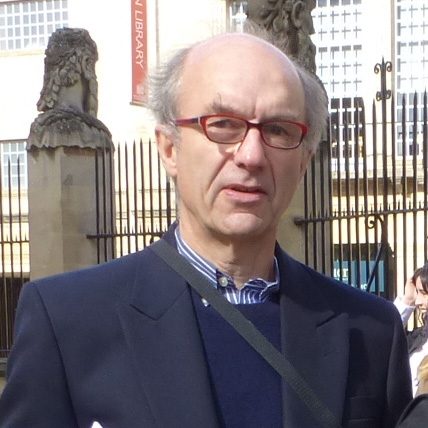
Professor Christian Dunn
Professor Christian Dunn is a wetland scientist and Associate Pro-Vice Chancellor for Sustainability at Bangor University. He conducts research on nature-based solutions, particularly focusing on wetlands for water management, pollution control and carbon sequestration.
Christian is a passionate communicator and advocate for environmental sustainability and the importance of wetlands. A former journalist, he regularly engages with the public and media through TV, radio and print.
He has made documentaries for BBC Radio 4, one of which involved him reenacting a WWII commando operation to take soil samples from the D-Day landing beaches and another analysing missile craters in Ukraine.
A sought-after public speaker, he has delivered three TEDx talks and is an award-winning environmental campaigner.
In 2024 Christian was named in the ENDS Power List as one of the top 100 UK environmental professionals making the greatest impact in the past two years. He also serves as chair of the British Ecological Society’s Welsh Policy Group.
Christian is married with two daughters and spends as much time as possible outdoors enjoying the British countryside and wildlife.
